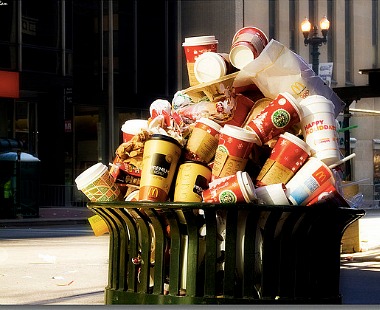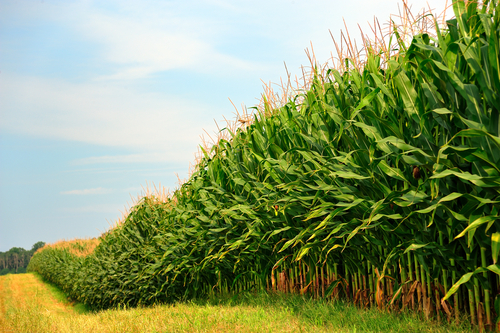The Kansas City government made $2.1 million over the past six years from a resource that most people would not think of as an asset — the human waste that city residents flushed down their toilets.
After turning the waste into fertilizer, last year the city used 9,982 tons on 1,340 acres of corn and soybean crops. Gross? Yes. Since it’s not exactly the best idea to eat crops grown from municipal waste, the city sells its crops to biofuel makers.
Beyond being perhaps the best use of sewer sludge that anyone’s ever come up with, this project is an example of government efficiency. Once the city leased out plots of its operation to tenant farms, but a few years back, the farm’s manager, Timothy Walters, decided he could do a better job himself, the Kansas City Star reports:
Walters took over the operation of the farm in 2006, and now the city does the bulk of the farming.
“We do all the tillage, and we plant the crops,” Walters said. “We don’t do the harvest because we can’t afford a $300,000 combine.”…
From 2000 to 2005, under tenant farming, average yearly gross was $52,373. From 2006 to 2011, under city farming, average yearly gross was $455,451.
That’s an impressive chunk of change, but please note: It’s probably not a good idea to try this on a smaller scale.




